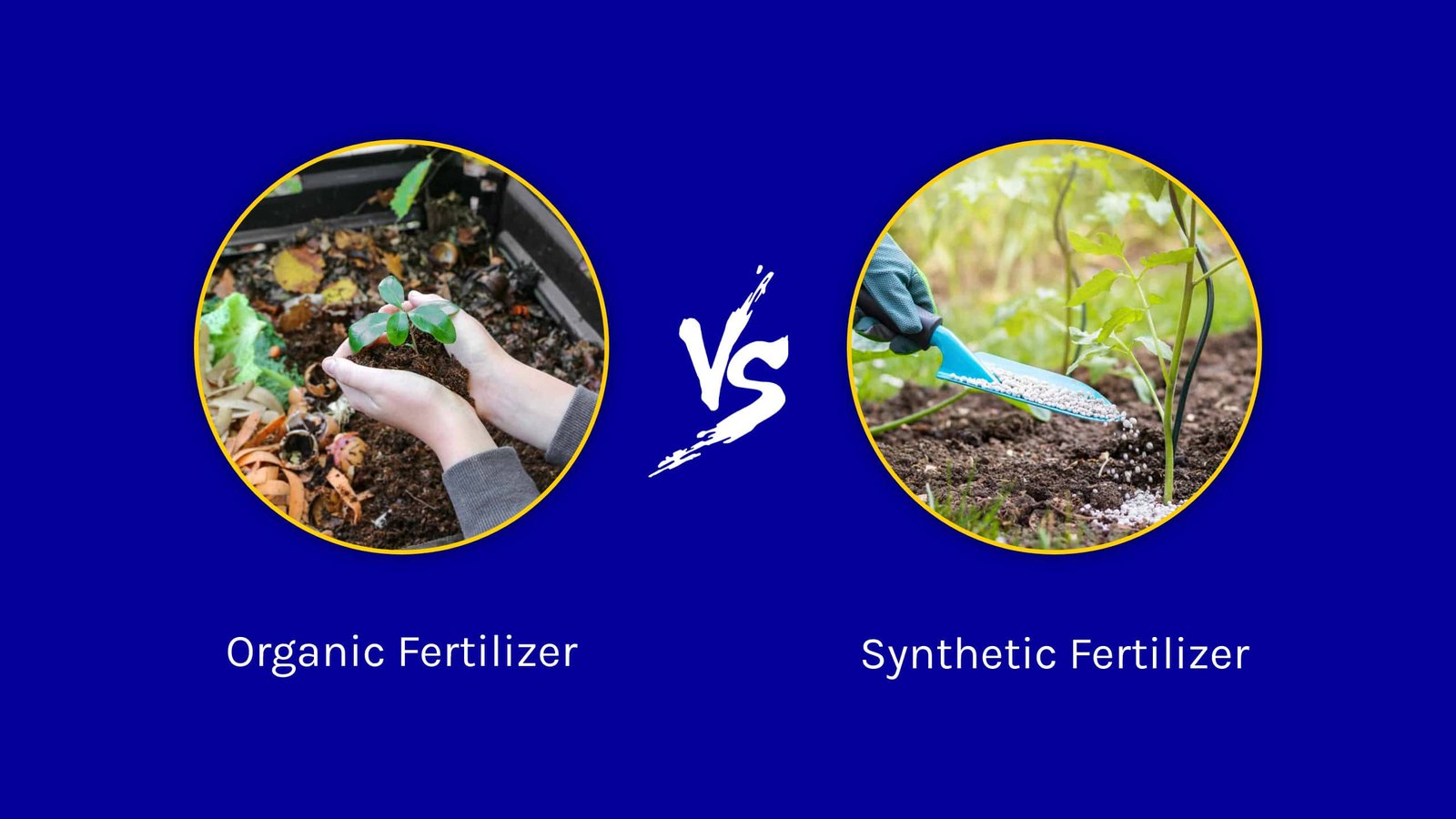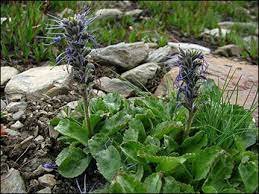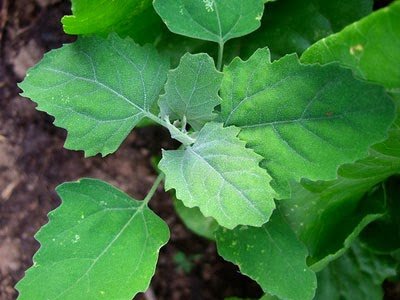
As farmers strive to meet the increasing demand for food, they face the challenge of maintaining crop productivity while minimizing the negative impact on the environment. One solution that has gained significant attention in recent years is the use of organic and bio fertilizers. These natural alternatives to synthetic fertilizers offer numerous benefits for both farmers and the environment.
What are Organic and Bio Fertilizers?
Organic fertilizers are derived from natural sources such as animal manure, compost, and plant residues. They are rich in essential nutrients and provide a slow-release of these nutrients to the soil, ensuring a steady supply for the crops. Bio fertilizers, on the other hand, contain beneficial microorganisms that enhance nutrient availability and promote plant growth.
Benefits for Crop Productivity
1. Improved Soil Health: Organic and bio fertilizers enrich the soil with organic matter, improving its structure and water-holding capacity. This leads to better nutrient retention and reduces the risk of nutrient leaching, ultimately benefiting crop growth and productivity.
2. Enhanced Nutrient Availability: The slow-release nature of organic fertilizers ensures a continuous supply of nutrients to the crops throughout the growing season. Additionally, bio fertilizers contain beneficial microorganisms that help solubilize nutrients, making them more accessible to plants. This improves nutrient uptake and utilization, resulting in healthier and more productive crops.
3. Balanced Nutrition: Organic and bio fertilizers provide a wide range of essential nutrients, including nitrogen, phosphorus, potassium, and micronutrients. These nutrients are released gradually, preventing nutrient imbalances that can hinder crop growth. By maintaining a balanced nutrient profile, farmers can optimize crop productivity and minimize the risk of nutrient deficiencies or toxicities.
4. Reduced Environmental Impact: Unlike synthetic fertilizers, organic and bio fertilizers have minimal negative impact on the environment. They do not contribute to soil degradation or water pollution, as they are derived from natural sources and do not contain harmful chemicals. By adopting these eco-friendly alternatives, farmers can protect the long-term sustainability of their land while increasing crop productivity.
Successful Implementation
For farmers looking to incorporate organic and bio fertilizers into their practices, it is essential to consider the following:
1. Soil Testing: Conducting regular soil tests helps determine the nutrient requirements of the crops and ensures the application of the right type and amount of organic or bio fertilizer.
2. Proper Application: Organic and bio fertilizers should be applied at the appropriate time and in the right manner to maximize their effectiveness. Following the recommended application rates and techniques is crucial for optimal nutrient uptake by the crops.
3. Crop Rotation and Cover Crops: Incorporating crop rotation and cover crops into the farming system can further enhance the benefits of organic and bio fertilizers. These practices help improve soil health, suppress pests and diseases, and increase nutrient cycling.
The Future of Sustainable Agriculture
As the demand for food continues to rise, the importance of sustainable agricultural practices becomes increasingly evident. Organic and bio fertilizers offer a promising solution for farmers seeking to increase crop productivity while minimizing their environmental footprint. By harnessing the power of nature, farmers can cultivate healthy soils, nourish their crops, and contribute to a more sustainable future.
In conclusion, the use of organic and bio fertilizers provides numerous benefits for farmers in increasing crop productivity. These natural alternatives improve soil health, enhance nutrient availability, provide balanced nutrition, and reduce the environmental impact of farming practices. By adopting these sustainable approaches, farmers can meet the growing demand for food while preserving the long-term health of the land.












